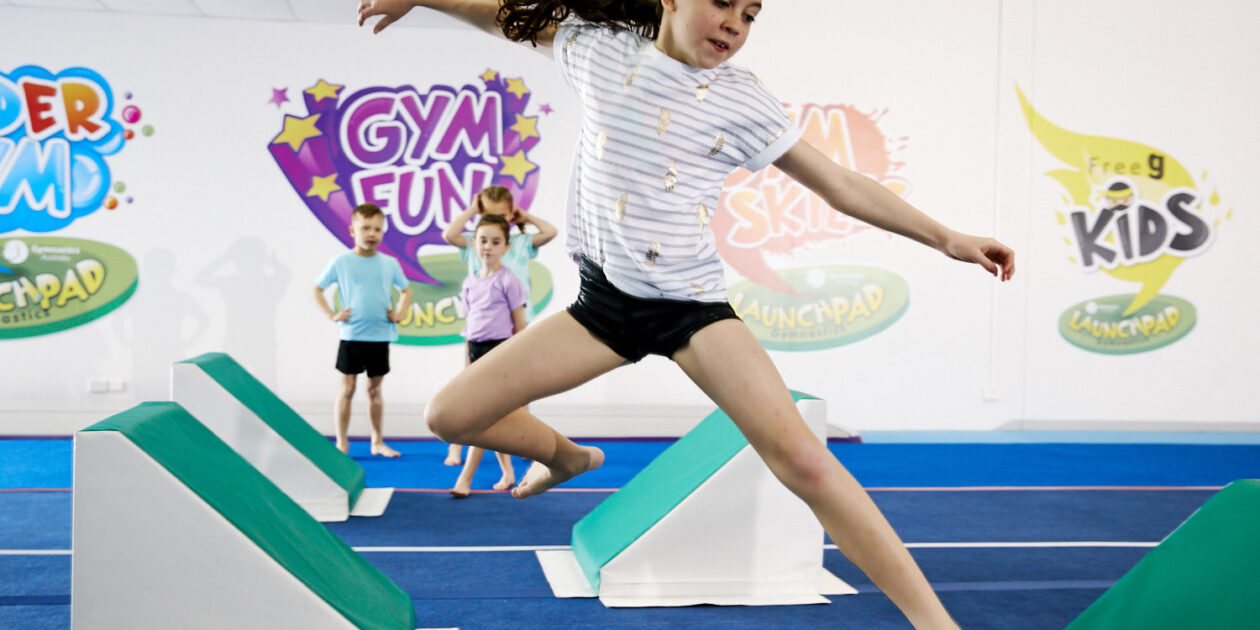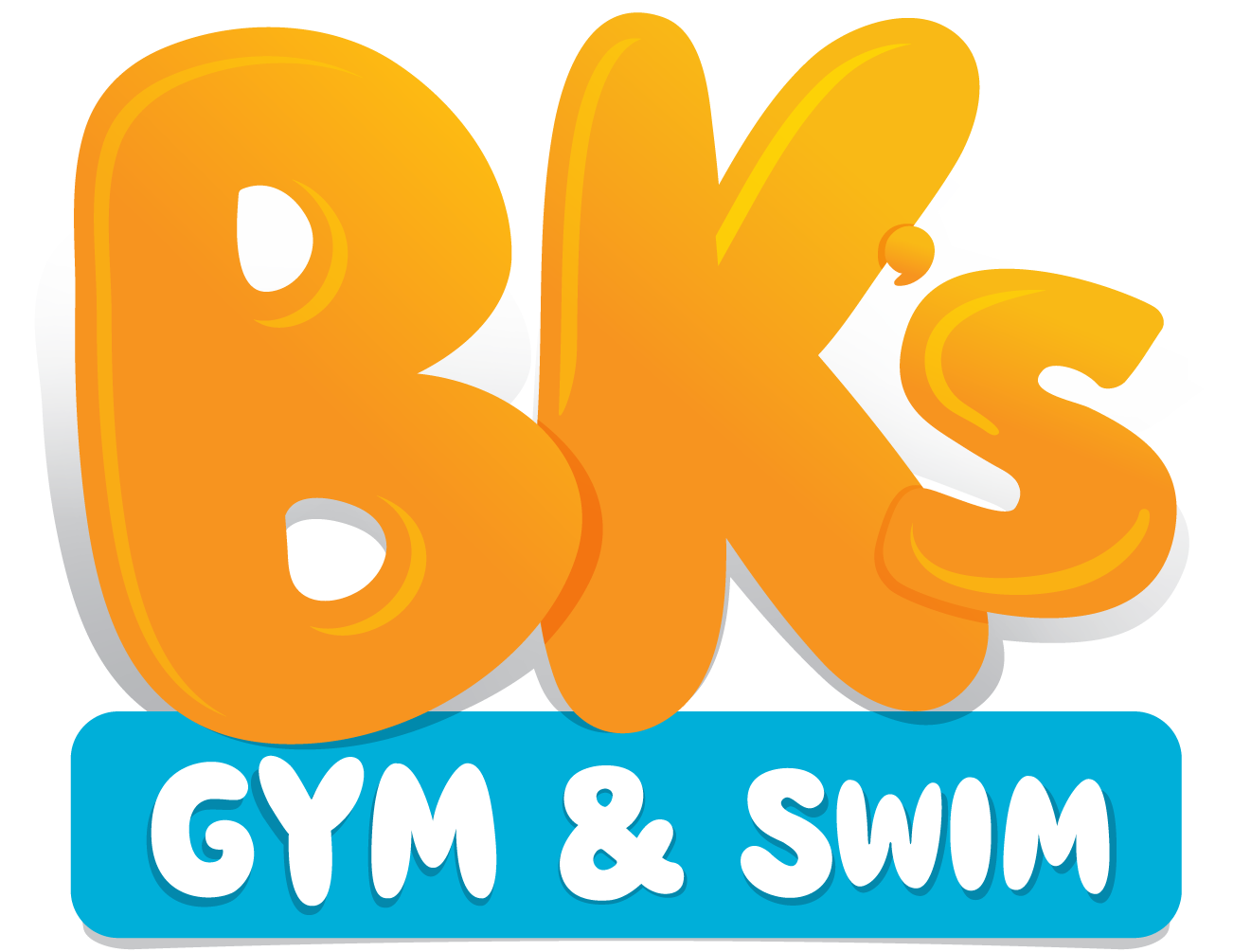
The benefits of exercise for kids during the pandemic
The benefits of exercise for kids during the pandemic: Why it’s more important than ever for kids to stay active
By Laura Sereno, BK’s Gymnastics Program Manager
We all understand the benefits of physical activity for our kids – it’s an important part of maintaining a healthy lifestyle and a crucial part of a child’s physical and mental development, setting up good patterns for adult life.
With the pandemic we are all living through, physical activity for our kids is even more important than before but ironically, it’s been harder to access. In these uncertain times, it can be tempting to continue to eliminate organised physical activity from your child’s life, but it’s not necessarily the best option for children right now – here’s why:
- Regular exercise through organised sport can reduces obesity in children – and overweight children are more likely to have problems if infected with COVID-19.
A US study of more than 43,000 children under 18 years found that diabetes and obesity increased the chance that a child would have to be admitted to hospital with COVID. Furthermore, if admitted to hospital with COVID, having diabetes, obesity or heart disease increased the risk of severe disease requiring intensive care. Meanwhile, a study of more than 400 COVID hospital admissions in children from Canada, Iran and Costa Rica showed obesity was associated with severe COVID-19, particularly among those children aged over 12.
- Exercise can help children cope with pandemic-related stress and gives a sense of normalcy to lives disrupted by the pandemic.
In a study about ‘Vulnerability and resilience in children during the COVID-19 pandemic’ published in November 2020 in the European Child & Adolescent Psychology journal it was shown that children who were more active exhibited fewer psychosocial problems, and this subsequently resulted in less parental stress too.
For us adults, exercise can be a great outlet and a way to focus our energy and take our minds away from our worries – so it makes sense that it can serve the same purpose for kids.
- Exercise through sports such as gymnastics allows children to stay connected with their friends, which is beneficial to their mental health during this time. Playing cooperatively with others gives kids the chance to learn social skills they can use in that setting and also in other areas of their life. Most sports teach skills such as sharing, turn-taking, negotiation and problem-solving. While training or playing there is also the opportunity to make friends and positive relationships are a contributing factor to good mental health.
According to Australia’s Physical Activity and Sedentary Behaviour Guidelines, children need the following:
1 to 5 years: at least 3 hours of being physically active, spread throughout the day
5 to 12 years: at least 60 minutes of moderate to vigorous physical activity every day. That includes fast walking, riding a bike or scooter, playing, running and participating in club sport. There should be a mix of activities that make them puff and activities that are good for their bones, like climbing on monkey bars, gymnastics, dance, running, skipping and jumping. Some activities tick both boxes at once, including gymnastics, parkour and obstacle courses.
Embrace the activities your child enjoys as it really doesn’t matter what it is – as long as they are moving!
Laura Sereno
Laura Sereno is the Program Manager at BK’s Gymnastics. BK’s Gymnastics offers classes suitable for kids from 3 months old to over 12 years (parent assisted for children 3 years and younger) at locations in Sydney, Melbourne and Brisbane. They aim to empower kids to live their best lives by helping them master vital movement skills like balancing, jumping, climbing, rolling, leaping and swinging. For more information please visit: https://www.bkgymswim.com.au
